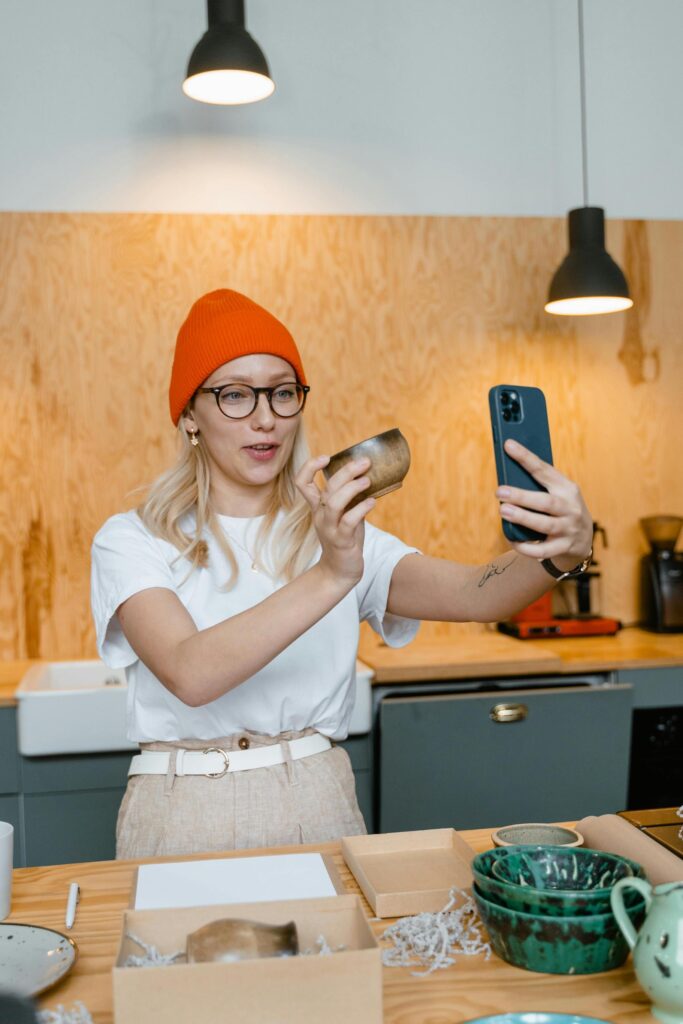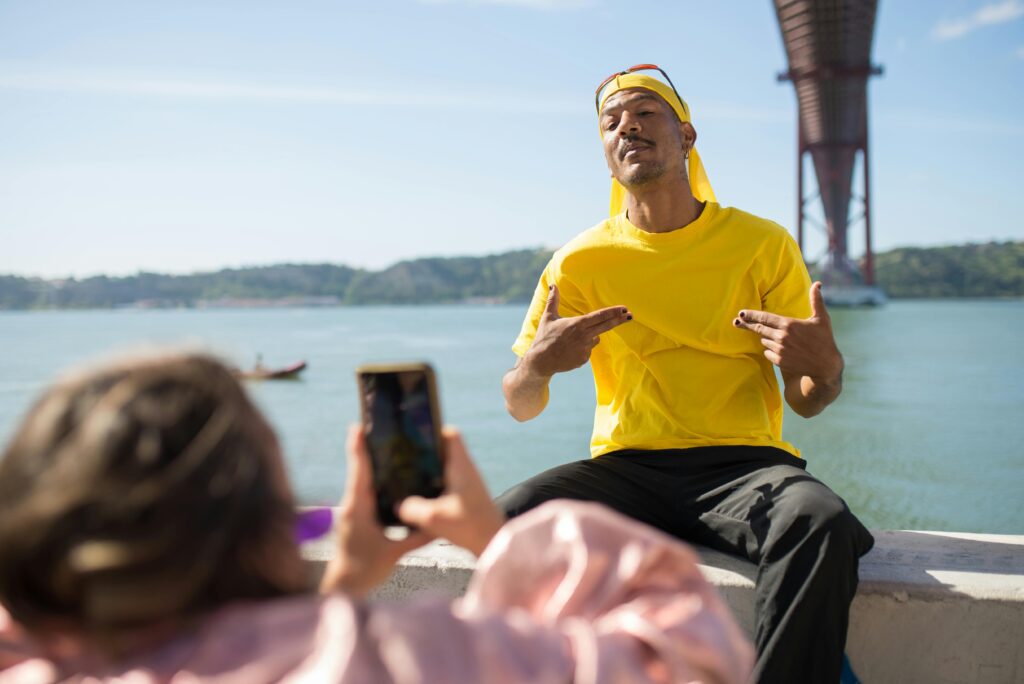
Understanding the Distinction in the Digital Landscape
In today’s digital realm, “influencers” and “content creators” are terms that are often tossed around interchangeably, but they hold distinct meanings and roles within the online community.
What is an Influencer?
Influencers are individuals who have garnered substantial followings on platforms like Instagram, YouTube, and TikTok. Their influence arises from their personal brand, expertise in a specific domain, or charismatic presence that resonates with a broad audience. They are pivotal in swaying their audience’s opinions and behaviors through direct interactions and endorsements. According to a report by Influencer Marketing Hub, influencers can significantly affect purchasing decisions, highlighting the power of personal influence in modern marketing.
What is a Content Creator?

Content creators are the artisans of the digital world, focusing intensely on crafting engaging, informative, or entertaining content. Their creations span across various forms such as videos, blogs, and social media posts. Content creators may not necessarily have large followings, but their content’s quality can attract substantial attention and engagement. For example, platforms like Medium and Vimeo showcase how creators with a knack for storytelling can achieve recognition primarily through the strength of their content rather than their follower count.
Key Differences
- Audience Influence vs. Content Quality: While influencers use their personal appeal to impact consumer behavior, content creators rely on the quality and uniqueness of their content to attract and engage audiences.
- Collaborative Nature vs. Independent Production: Influencers often collaborate with brands to integrate promotional content seamlessly into their usual content, whereas content creators might focus solely on independent content production without brand interference.
- Engagement vs. Creation: The primary objective of influencers is to maintain high engagement levels with their followers, which is critical for promotional activities. In contrast, content creators prioritize the intrinsic value and appeal of the content itself.
Strategic Implications for Brands
For brands strategizing on digital marketing, recognizing the differences between influencers and content creators is crucial. While influencers can be pivotal for quick visibility and consumer persuasion, content creators can be instrumental in building long-term content assets that resonate with core audiences. An integrated approach that includes both influencers and content creators can often yield the best outcomes, balancing immediate impact with sustained content engagement.

By leveraging both influencers for their audience reach and content creators for their specialized skills in content production, brands can optimize their online presence effectively. This dual approach not only enhances brand visibility but also ensures a richer and more diverse engagement strategy that appeals to varied consumer preferences and behaviors.
Conclusion
Understanding the nuanced roles of influencers and content creators helps brands navigate the complex landscape of digital marketing more effectively. By aligning marketing strategies with the strengths of each, companies can enhance their online engagement and build deeper connections with their target audiences.